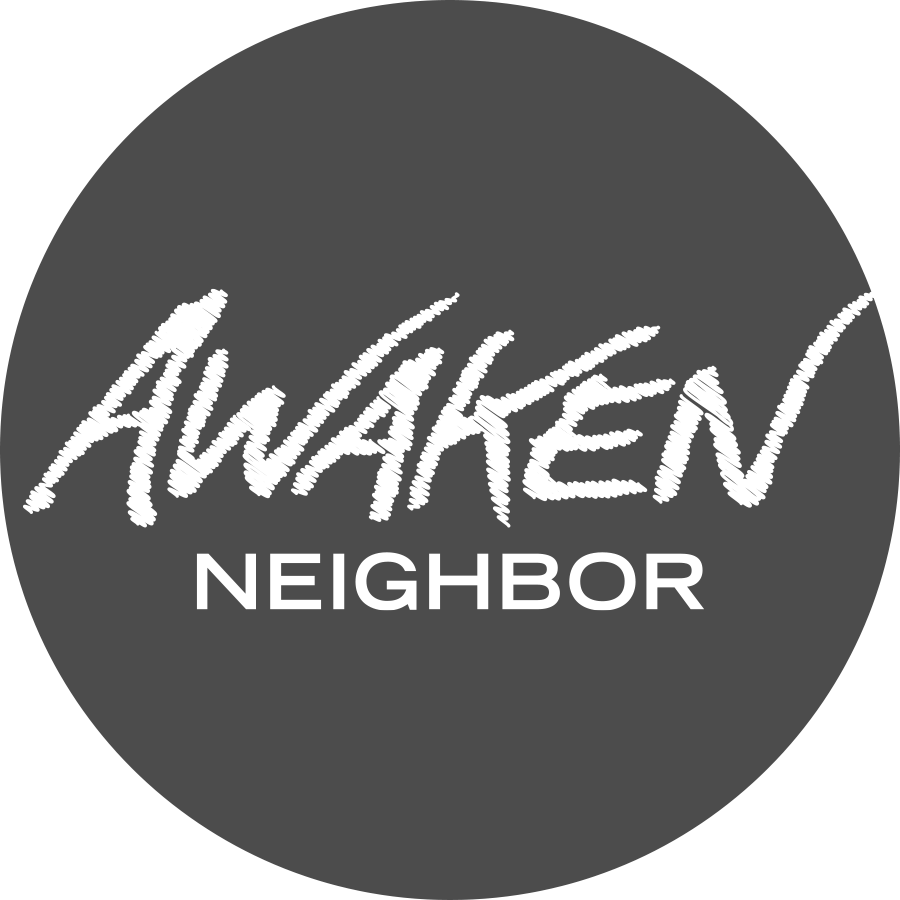Observations: Danquirs Franklin Shooting
Here are a few observations (by no means comprehensive) from my limited vantage point as a lifelong learner after attending city-led gatherings re: Mr. Danquirs Franklin being killed by an officer in Charlotte, NC on March 25, 2019:
I'm grieving over the loss of human life in our city, and I long for compassion, collective will, and value for life.
There are no easy answers, and we need holistic solutions for the flourishing of neighborhoods. The big picture intersects with police brutality in the U.S., political rhetoric, historical narratives, fighting systemic poverty, creating access to opportunity, offering mental health resources, caring for each other spiritually, walking with local families, creating gun policy reform, economic empowerment, building affordable housing, addressing education equity, pursuing racial justice - personally and institutionally - and more.
Community dialogues & restorative justice strategies need to be led & facilitated by local community mediators when neighbors, students, and police come together. Fear and distrust escalate in emotionally unsafe environments, especially when gatherings are led by the police (those in power). It can be intimidating to walk into a community meeting surrounded by police, and we need a different approach to dialogue.
The video shows Mr. Franklin faced down and slumped over. He eventually laid the gun down as commanded. CMPD procedure is then to be sure his hands are free (cooperate, communicate, de-escalate); the video is traumatic as Mr. Franklin was killed, and he wasn't given opportunity to lift his hands. His last words were, “You told me to...” (Was medical attention immediately provided?)
Cumulative PTSD, Auditory Exclusion, and a lack of access to mental health services & spiritual care affect people’s ability to make clear decisions (on all sides) in high-stress situations. Community (neighborhood) chaplaincy services, professional counseling, mental health resources, and new policies are needed across the spectrum.
Police respond to thousands of scenarios annually in an effort to serve & protect people in moments of crises, yet preventative community policing in small numbers is also needed through shared story, transparent relationships, accountability, and understanding.
Marginalized neighborhoods are over-policed and under-protected as many people still don't feel safe within their own community (the difference of presence of police with an unclear mission vs. the reality of safety). We need more officers to live as local residents in proximity with families to live & raise their children within disinherited neighborhoods.
A common thread continues: white mass shooters walk away cuffed and alive (one example). Communities of color often experience fear for their lives, racial profiling, and harassment when interacting with police, as people between cities continue to die (one example) at the hands of police.
While old false narratives (rooted in racism) dismiss communities of color as dangerous and less than human, history tells us that white communities need to repent of these narratives with need of deep healing from our own violence and violent rhetoric, especially within the church. We need to learn from leaders of color through a common memory that speaks truth prior to conciliation. As one starting point, consider visiting the Legacy Museum & Lynching Memorial in Montgomery, AL.
Faith communities are still often segregated from each other and isolated from local neighborhoods. Communities across the country are crying out, and our churches and faith communities are disconnected from each other.
We need non-violent peace builders, activists, city leaders, and faith leaders to coordinate a Comprehensive Peace Plan (CLT hosts the 2020 GOP convention).
My faith tradition embraces that Jesus the Christ came to destroy the dividing wall of hostility, offering people another way of hope and healing. The Risen Jesus of Nazareth knows our troubles, co-suffers with us, and offers life. The books of Isaiah, John, James, and Ephesians are a few examples of ways the Holy Scriptures continue to speak to me along life's path.

